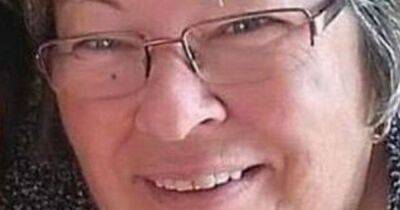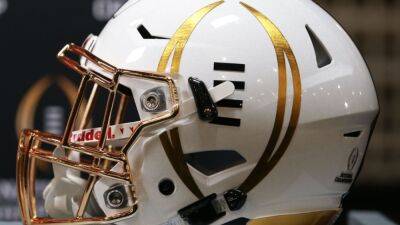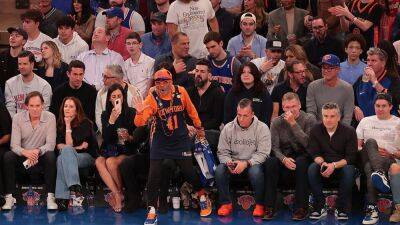SBS Founder Raúl Alarcón Reflects on 40 Years of Success and Future of Spanish Radio
Roy Trakin When Varietychose to honor Spanish Broadcasting System (SBS) founder Raúl Alarcón with its Legends & Groundbreakers Award at its Miami Entertainment Town event on April 13, it picked the perfect person to fit that definition. Among SBS’ 22 stations in the leading eight Latin markets are New York’s WSKQ-FM (Mega 97.9), the most-listened-to and streamed outlet in the U.S. in any language, Miami’s No. 1 station WXDJ-FM (El Nuevo Zol 106.7) and WCMQ-FM (Zeta 92.3) as well as L.A.’s top-ranked KXOL-FM (Mega 96.3) and KLAX-FM (97.9 La Raza), the first FM station to program regional Mexican music such as Norteñas and Banda, which once famously beat out an incredulous Howard Stern in morning ratings on KLSX.
“I’m absolutely honored Variety would think of me in those terms,” says Alarcón, the chairman/CEO of the largest Hispanic-owned Spanish-language radio chain in the U.S., founded with his father in 1983. “When you do something for 40 years, people tend to remember who you are and whatyou’ve done.” In fact, Alarcón was born to the business. His late father, Pablo Raúl Alarcón, started his first radio network in Camagüey, Cuba, where he had been a local disc jockey spinning records since high school. “He loved being on the air,” says Alarcón. “It was his life’s passion.” When he was four years old, Alarcón’s family became “political refugees” from the embattled island in 1960 after his father’s station was “intervened,” taken over by the government headed by Fidel Castro following the overthrow of the U.S.-allied military dictator, Fulgencio Batista. “Castro always insisted, even in meetings with [then-U.S. VP Richard] Nixon, that he was not a communist,” Alarcón says. “In the beginning, Fidel was a charismatic








